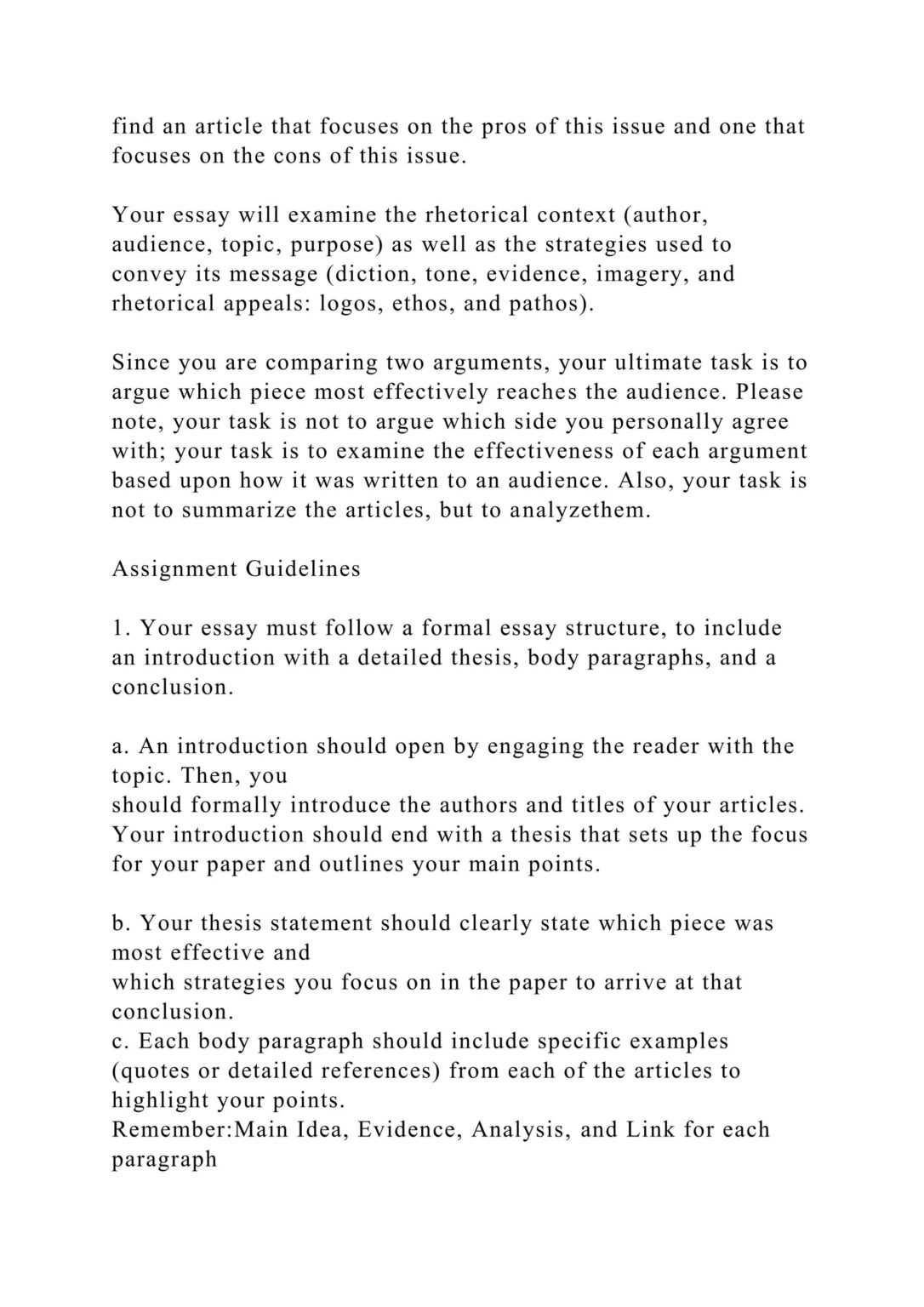Title: Central African Republic: From Elite Domination to State Control Ahead of the 2025 Elections
Central African Republic at a Pivotal Crossroads as Elite Domination Shifts to State Control Before 2025 Elections
As the Central African Republic (CAR) approaches its crucial 2025 elections, the nation finds itself grappling with an alarming evolution in power dynamics. What was once predominantly elite capture-where influential groups manipulate political and economic systems for their own benefit-is now escalating into full-fledged state capture. This transformation signals a deeper entrenchment of power by a narrow political class that increasingly controls state institutions and resources, sidelining the broader population. According to recent analyses by the Africa Center for Strategic Studies, this consolidation threatens not only democratic governance but also the fragile peace and stability of a country long plagued by conflict and political volatility.
The intensifying struggle for control over CAR’s abundant natural resources and political offices has heightened tensions among rival factions. This competition risks exacerbating existing conflicts and undermining efforts toward national reconciliation. The erosion of democratic institutions is evident in several worrying trends:
- Widespread Corruption: Corruption continues to corrode public confidence in government bodies, with graft becoming increasingly systemic.
- Suppression of Opposition: Political adversaries and civil society activists face growing intimidation and violence, stifling dissenting voices.
- Monopolization of Resources: Key elites are seizing control over lucrative sectors such as mining and forestry, limiting equitable access and economic opportunities.
The central question looming over CAR’s political future is whether authentic democratic processes can withstand these pressures or if the upcoming elections will merely legitimize entrenched interests. The stakes are high: these elections represent not only a test of political resilience but also a defining moment for governance in one of Africa’s most fragile states.
Strengthening Democracy Through Critical Reforms in the Central African Republic
The trajectory toward state capture ahead of the 2025 polls underscores an urgent need for comprehensive reforms aimed at preserving democratic integrity. Without decisive action, there is a real danger that governance will be further compromised by self-serving elites. To counter this trend, both domestic actors and international partners must prioritize reforms that enhance transparency, accountability, and citizen participation. Essential strategies include:
- Independent Electoral Oversight: Creating autonomous electoral bodies equipped with sufficient resources to guarantee impartiality and transparency during voting processes.
- Institutional Accountability: Implementing mandatory audits and public reporting mechanisms for government officials to deter corrupt practices and build public trust.
- Civic Empowerment: Expanding voter education programs that inform citizens about their rights and encourage active engagement in democratic processes.
Tackling corruption requires more than punitive actions; it demands systemic change that fosters an ethical culture within public institutions. This involves:
- Robust Legal Enforcement: Strengthening anti-corruption legislation and ensuring that violators face swift and effective prosecution.
- Civil Society Engagement: Supporting watchdog organizations capable of monitoring government conduct and amplifying citizen concerns.
- Global Collaboration: Partnering with international bodies to exchange best practices, technical expertise, and resources aimed at curbing corruption.
International Collaboration to Foster Political Reform and Resilient Governance in CAR
Given CAR’s complex political landscape marked by elite entrenchment, international stakeholders must adopt nuanced strategies to support meaningful reform. Assistance should be tailored to strengthen local institutions while promoting inclusive dialogue among diverse actors. Key areas for international engagement include:
- Capacity Development: Investing in training programs for government officials to enhance administrative competence and ethical governance practices.
- Facilitating Inclusive Dialogue: Encouraging platforms where political parties, civil society groups, traditional leaders, and marginalized communities can collaboratively shape reform agendas.
- Transparency Initiatives: Supporting mechanisms that increase public access to budgetary information and decision-making processes, thereby reducing corruption risks.
Moreover, diplomatic efforts should emphasize adherence to democratic norms and human rights standards, especially as election day nears. Additional measures might include:
- Tying Aid to Reform Progress: Conditioning financial and security assistance on verifiable improvements in governance and anti-corruption efforts.
- Empowering Grassroots Movements: Funding local organizations advocating for social justice, electoral fairness, and protection of vulnerable populations affected by elite dominance.
- Monitoring Outcomes: Establishing clear benchmarks to evaluate reform effectiveness with transparent reporting to ensure accountability among all stakeholders.
Conclusion: The Road Ahead for the Central African Republic’s Democratic Future
The Central African Republic stands at a decisive crossroads as it prepares for its 2025 elections. The intensification from elite capture toward comprehensive state capture threatens to derail democratic progress by entrenching power within an exclusive few. This scenario risks perpetuating cycles of instability that have long hindered development across this resource-rich yet fragile nation.
The consequences extend beyond politics; they deeply affect everyday citizens who continue to endure insecurity, poverty, and limited access to basic services. As regional actors, civil society groups, and international observers closely watch developments unfold, fostering transparent institutions committed to accountability remains paramount. Only through collective effort can CAR hope to break free from patterns that prioritize narrow interests over national well-being.
The forthcoming election period will be critical-not just as a procedural event but as an opportunity to redefine governance structures fundamentally. How effectively stakeholders navigate this moment could determine whether democracy takes root or recedes further into manipulation by entrenched elites. With global attention focused on this pivotal juncture, all eyes remain on CAR’s journey toward stability, inclusivity, and genuine democratic renewal.

